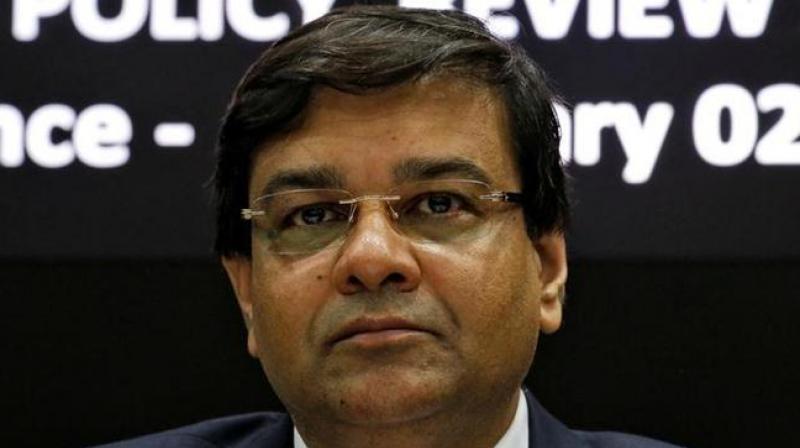RBI governor unlikely to resign, may tweak PCA norms
The government has so far agreed almost all issues relating RBI-government tussle.

New Delhi: Ahead of the crucial board meeting of the Reserve Bank of India (RBI) next week, the government is likely to put an end to the ongoing spat with the central bank over several issues that emerged recently. It also hinted that the resignation of RBI governor Urjit Patel is unlikely.
The government has so far agreed almost all issues relating RBI-government tussle, including the relaxation of the rules under PCA framework that has been demanded by the finance ministry for a long time to boost the lending, especially in MSME sectors.
A top source in the finance ministry said, “The RBI may tweak the PCA norms as the government wants consolidation of banking sector in which small and weak banks need to merge with large banks for better and healthy banking system in the country. Some banks with declining net non-performing assets or those that can be merged with larger entities, may be considered to be kept out of PCA framework.”
“The government has no intention to revoke section 7 of the RBI Act and we don’t see the resignation of the RBI governor. Both the RBI and government are trying to resolve all the issues with mutual consultations, rather not by any direction from either side,” the source added.
Days before the RBI board meeting on November 19, Patel reportedly met key officials at PMO during which contentious issues are discussed. However, it is also expected that the government nominee directors and a few independent directors could raise the issue of interim dividend along with capital framework of RBI.
The source further said that alignment of capital adequacy norms with those in advanced countries and measures to enhance lending to MSMEs and NBFCs may also be discussed in the forthcoming meeting.
In its recent rift with RBI, the government had demanded a relaxation in PCA norms for banks, so they can lend more. The finance ministry wrote to the central bank over invoking Section 7 of the Banking Regulation Act, which states that directions can be issued to RBI.
The PCA action was initiated against 11 public sector banks, with their shares of advances and deposits as at March-end being 18.5 per cent and 20.8 per cent, respectively.

